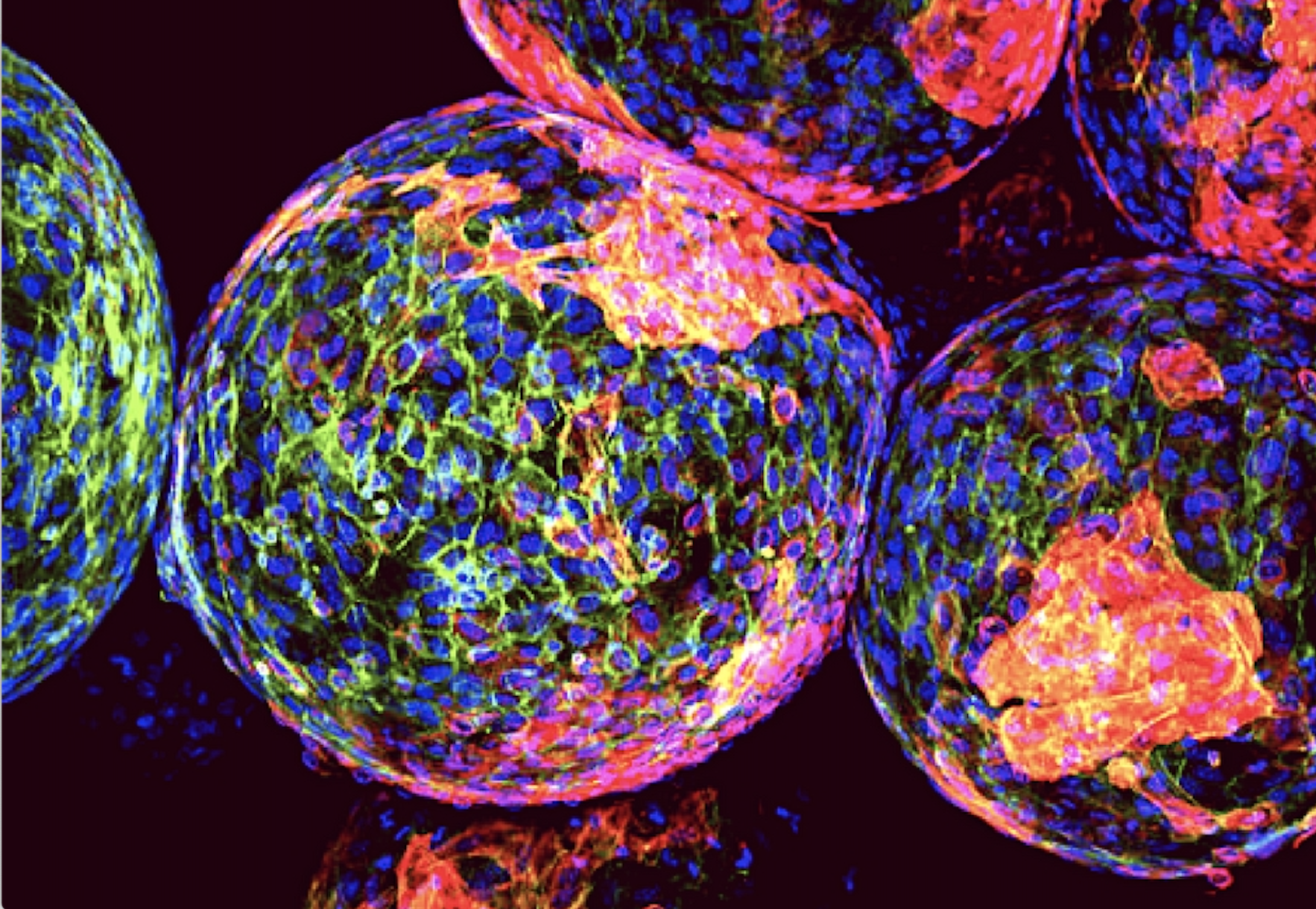Enhancing Protection of Insulin-Producing Beta-Cells
Insulin-producing beta-cells play a critical role in managing blood sugar by automatically releasing insulin in response to increased blood glucose levels. In individuals with type 1 diabetes, the immune system mistakenly attacks and destroys these cells, leaving blood sugar unchecked. Since the body no longer produces insulin on its own, individuals must regulate this process, often with the help of continuous glucose monitors, insulin pumps, and other devices.
For years, researchers have been trying to better understand why the immune system attacks these beta-cells and how they can prevent this process from occurring. A recent study found that the enzyme renalase may play a role. Stress is a key factor in cell destruction, and by inhibiting renalase, cells have greater protection against the effects of endoplasmic reticulum (ER) stress. This inhibiting may help enhance the survival of transplanted pancreatic beta-cells in the treatment of type 1 diabetes, and it may have the ability to help slow progression of the disease at its onset.
Researchers tested these processes on non-obese diabetic (NOD) mouse models as well as human cells. In the mice, the beta-cells that had the functionality of renalase disabled survived better against immune system attacks than fully functional beta-cells. In addition, certain T-cells were less likely to attack the pancreatic beta-cells without renalase function. The same results held true for human cells; they were better protected against ER stress.
Furthermore, the researchers found that there was already an FDA-approved drug that targets an enzyme similar to renalase and is used to treat hypertension called pargyline. They tested pargyline in a small clinical trial to evaluate its effects on pancreatic beta-cells and whether or not it could protect them against ER stress. Their results showed that it had a protective effect on both mouse models and human cells. The next step is to test the drug in human clinical trials.
More research and testing are needed to determine whether this drug could be used to protect against or slow the progression of type 1 diabetes or be used as the starting block for developing a new drug that specifically targets renalase. However, this is a step in the right direction toward improving prevention methods for type 1 diabetes.
Many studies are focused on treatment or potential cures for type 1 diabetes, but more funding is necessary for prevention efforts like the one above. The Diabetes Research Connection, though not involved with this study, supports research across all aspects of type 1 diabetes, including prevention. There are several current projects led by early-career scientists focused on disrupting the onset of T1D, blocking processes that contribute to the development of the disease, and preserving insulin secretion, which can potentially impact prevention efforts if fully funded. Learn more about these projects and how to help by visiting http://localhost/drc.




